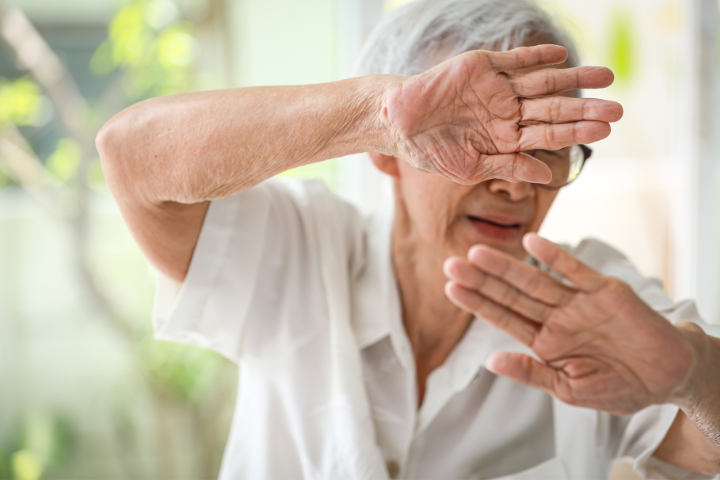
Abuse of disabled or elderly relative in a care setting – how can we help?
Our team of specialist community care solicitors can advise you about what to do if you or a disabled or elderly relative has experienced abuse or neglect, whether by carers at home, in supported accommodation or in a care home. There is a range of legal options, depending on whether the abuse or neglect is still going on or whether it happened in the past.
The abuse or neglect is still happening
The local authority (council) where the disabled person is actually living at the time of the abuse has responsibilities under the Care Act 2014 for safeguarding. There are responsibilities to make enquiries about any current concerns about abuse or neglect, under section 42 of the Care Act 2014. If a person raises a safeguarding alert, the council’s safeguarding team should look into the concern, talk to the person at the centre of the concern (with an advocate present, if necessary) and decide on what action to take.
If the person suffering abuse or neglect does not have capacity to make decisions about where to live or what care to receive, then there may be other legal avenues to explore. It may be that a “best interests” decision needs to be made under the Mental Capacity Act 2005, so that the person can be moved to better accommodation or receive different care. Or it may be that an application needs to be made to the Court of Protection. People who lack mental capacity may be under a “DOLS” (Deprivation of Liberty Safeguards) authorisation. If that is the case, then an application can be made to the Court of Protection to try and get the person moved.
If a person is suffering neglect because their care package is insufficient, then the local authority may need to carry out an assessment under section 9 of the Care Act 2014 or a care plan review under section 27. Local authorities need to follow proper processes and can be held to account if they do not. This can involve either making a complaint or judicially reviewing the decisions of the public bodies involved.
Where the abuse or neglect happened in the past
There are also responsibilities on local authorities to investigate abuse or neglect that has happened in the past, through a Safeguarding Adult Review under section 44 of the Care Act 2014. This may need to be done if the person has died or suffered serious harm and various agencies (such as Social Services and the police) failed to step in to deal with it. A section 44 Safeguarding Adult Review will be carried by the Safeguarding Adult Board and will be chaired by a professional who is independent of the local authority.
It is also important to explore whether the person’s human rights were breached and whether they were discriminated against, for example because of their disability or their ethnicity. A solicitor can advise you about whether a claim under the Human Rights Act 1998 or under the Equality Act 2010 would be appropriate.
People are often stopped from taking these issues further because they are told they don’t have permission to get hold of records or to make a complaint on someone else’s behalf. This can be a complex issue to overcome, but is something we can advise you about.
If you want advice about abuse or neglect of disabled adults, our experienced team of community care and public law solicitors can advise you in complex cases, that may need an approach that uses several different legal tools. We can deal with applications to the Court of Protection, judicial reviews, damages claims, Safeguarding Adult Reviews and more.
Examples of our cases:
Our solicitors are representing a young person with learning disabilities who was sexually abused in supported accommodation by the manager of the accommodation. Through a judicial review of the police we have ensured that her allegations, which were initially dismissed by the police, were properly investigated. The suspect is now on police bail and the young person is pursuing a Human Rights Act claim against the police for failing to investigate the serious abuse she was subjected to.
One of our clients with autism and learning disabilities had been physically and emotionally abused by his support workers in supported accommodation. Through an application to the Court of Protection, he is being moved to higher quality supported accommodation where his needs will be met. The family are also pursuing a claim for damages under the Human Rights Act.
Our solicitors represented an elderly woman who was raped in her supported accommodation. We ensured that a proper Safeguarding Adults Review was carried out and also obtained damages under the Human Rights Act 1998. Please contact us to see if we can help with your situation. You can email us on enquiries@tvedwards.com or call us on 020 3440 8000.







